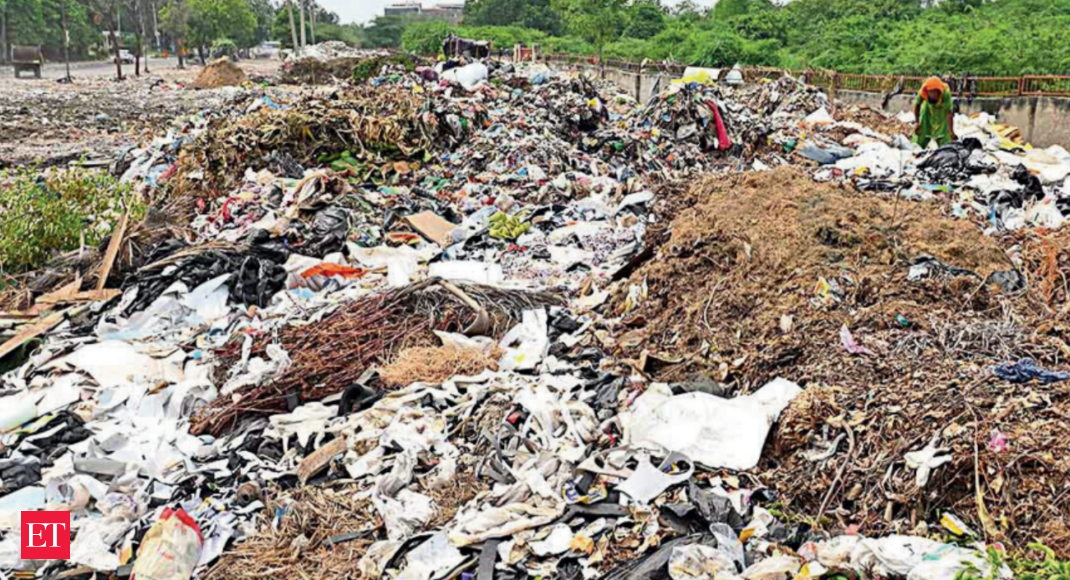The Municipal Corporation of Gurgaon (MCG) is taking a major step in waste management by linking penalties for violating waste disposal regulations with water bills for bulk waste generators (BWGs). Non-compliant natural and legal entities, such as government departments, local bodies, public and private sector companies, healthcare institutions, and educational establishments, who produce over 100 kg of waste daily can expect a penalty of Rs 25,000. The aim of this move is to ensure compliance and fine payment, as fines often remain unpaid.
To encourage better waste management practices, the MCG has also decided to recognize and award BWGs that effectively compost their wet waste and appropriately recycle their dry waste, in accordance with the Solid Waste Management (SWM) Rules, 2016.
The spokesperson of MCG, SS Rohilla, stated that the penalties imposed on non-compliant BWGs will be combined with the water bills issued by the Gurgaon Metropolitan Development Authority (GMDA) to ensure payment. The plan also includes presenting awards to the most responsible BWGs.
In the past two months, the MCG has issued 12 challans to non-compliant BWGs found in zone 3 and six challans to those in zone 4. Zone 3 and zone 4 host the majority of the city’s bulk waste generators. Last year, around 27 challans were issued for similar violations.
According to the Solid Waste Management Rules, 2016, bulk waste generators are defined as entities producing over 100 kg of waste daily. However, the MCG announced in 2018 that waste generators producing 50 kg or more waste daily would also be considered as BWGs. The city of Gurgaon houses about 1,200 residential societies, including condominiums.
The regulations require BWGs to segregate waste into three categories: dry, wet, and domestic hazardous. Dry recyclables should be handed over to authorized recyclers, while wet waste must undergo composting or bio-methanation on-site.
To evaluate the compliance of BWGs across the city, the MCG commissioner formed an audit committee earlier this year. This committee consisted of officials from various departments.
In April, the Centre for Science and Environment (CSE) emphasized the need for accurate mapping of BWGs, as the current data is underestimated. The MCG had previously recognized 614 BWGs, but according to the CSE, only around 200 effectively compost wet waste within their premises.
This move by the Municipal Corporation of Gurgaon is a significant step towards effective waste management and promoting responsible waste disposal practices. By linking penalties to water bills, the MCG aims to ensure compliance and payment of fines, while also encouraging proper waste segregation, composting, and recycling.











